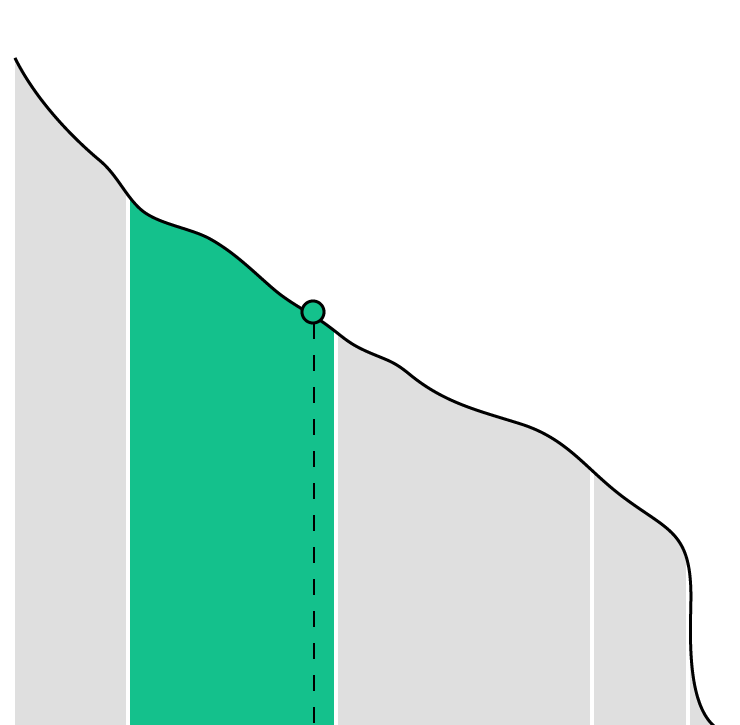US – President's Emergency Plan for AIDS Relief (PEPFAR)
MULTIPLE AGENCY GROUP : United StatesThe President’s Emergency Plan for AIDS Relief (PEPFAR) is the US government’s global initiative to combat HIV/AIDS, the largest commitment by any country to address a single disease. It is formally part of the Department of State and directly approves all activities relating to combating HIV/AIDS in priority countries. It ensures policy coordination amongst implementing agencies and departments. The Department of State, and therefore US-PEPFAR, became an IATI member in 2011. It first published to the IATI Registry in 2014.
US-PEPFAR is included in the ‘good’ category.
The United States publish to the IATI Registry on a quarterly basis.
US-PEPFAR performs well on organisational planning indicators as all are published in the comparable IATI format.
Its performance for the finance and budgets component is mixed. While it does relatively well on capital spend, project budget and project budget documents, disaggregated budgets as well as disbursements and expenditures are areas where there is room for improvement. The total organisation budget is published for the current year only. Commitments are not published to the IATI Registry and are only sometimes published in PDFs. This makes US-PEPFAR one of few organisations not to score on commitments.
Information on all project attributes indicator is made available, mostly on the IATI Registry. However, some of the basics are missing. The titles provided use many acronyms and the descriptions tend to be incomplete. Sub-national location is also one of the lowest scoring indicators.
US-PEPFAR does well on all joining-up development data indicators but the two procurement indicators, contracts and tenders. Tenders are published in the IATI format but the information provided is too general and not specific to individual activities. Tenders are consistently made available in other formats. Contracts are not published at all.
Within the good category, US-PEPFAR is one of two organisations to receive zero points for the performance component. While reviews and evaluations as well as results are sometimes published on the organisation’s website, objectives and pre-project impact appraisals are not published at all.
- US-PEPFAR should ensure to get the basics right, such as providing complete titles and descriptions.
- It should work towards including the publication of key documents, such as contracts, reviews and evaluations and pre-project impact appraisals.
- Given US-PEPFAR’s data driven culture, it should also work towards joining up its IATI data with other detailed project data, maximizing the usefulness of its data and the analysis that could follow.
- To demonstrate the impact of transparency on development work, it should take responsibility to promote the use of the data they publish: internally, to promote coordination and effectiveness; and externally, to explore online and in-person feedback loops, including at country-level.
